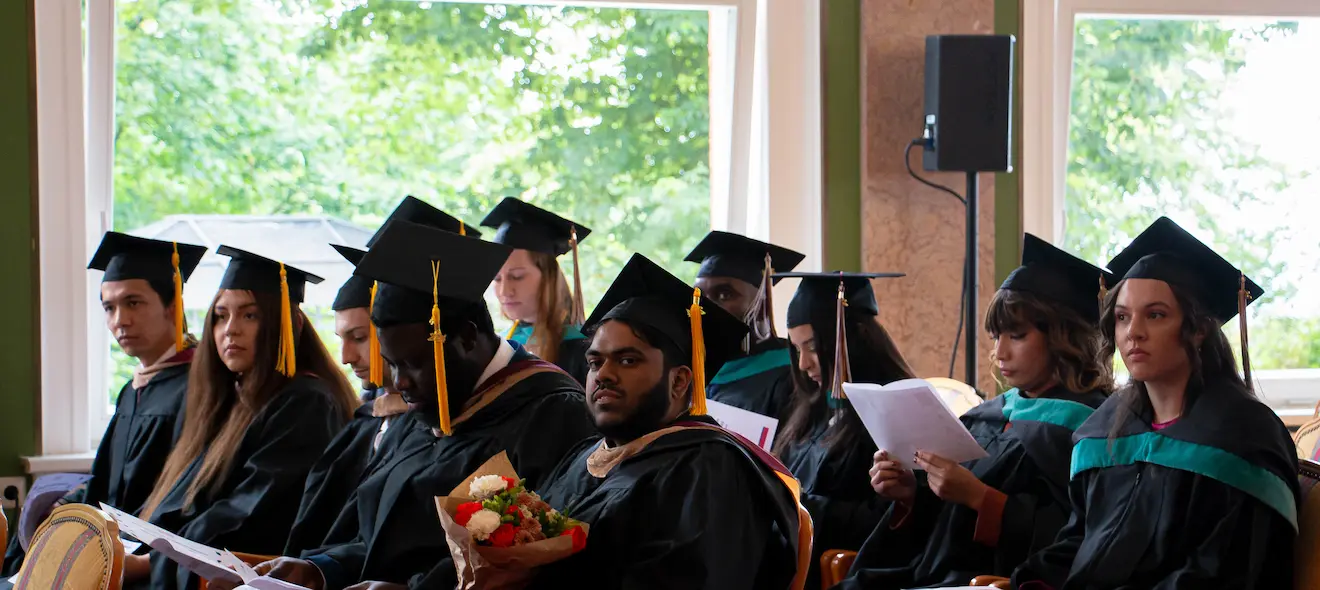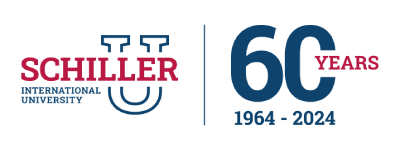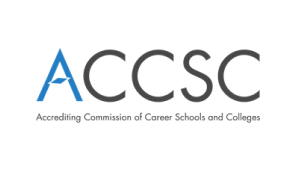Watching other students pack, apply for visas, and prepare for life abroad, you might be wondering what studying at an American university for international students really feels like. Whether you are heading to the United States or to another country where an American university is based, such as Madrid, Paris, or Heidelberg, this is a big step.
Choosing a school to study abroad is just the first step. It comes with numerous little things that are not so little, such as embracing a new culture, adapting to a new academic system, and becoming part of a global learning community. That is where the real experience begins. Studying at an American university is not only about attending lectures or completing assignments. It is a personalized journey that shapes your academic, professional, and personal life.
In this guide, we will walk you through what it is really like to study, live, and grow as an international student at an American university. By exploring Schiller’s campuses in Tampa (US), Madrid (Spain), Paris (France), and Heidelberg (Germany), you will see how American-style education blends with global exposure to create a truly international student experience.
Academic Life of International Students
Studying at an American university for international students feels very different from what they might be used to at home. Unlike many traditional education systems, where textbooks take center stage and classroom lectures dominate, American universities take a more engaging approach.
Classroom learning is more than just grades and memorization. Your teachers will encourage you to participate to enhance your problem-solving and practical application skills. For many students from a traditional educational background, this shift may seem challenging at first, but it also makes the international student experience unique and transformative.
- Active participation matters: Professors expect you to ask questions, share opinions, and engage in discussions.
- Confidence through interaction: Speaking up, even if English is not your first language. It will help you grow your self-confidence and improve your critical thinking abilities.
- Problem-solving approach: Classes emphasize group projects, case studies, and real-world applications instead of lecture-heavy teaching.
- Collaboration with peers: You will often work with classmates from different backgrounds, building teamwork and leadership skills.
- Interactive learning vs memorization: Instead of recalling facts, you apply concepts, debate ideas, and even challenge your professor’s perspective.
At Schiller International University, you can experience this academic and intensive learning culture in different settings. You will be studying, working, and experiencing student life in its truest form. On the Tampa campus, you can experience this US classroom culture in its home setting, surrounded by many American peers. In Madrid, Paris, and Heidelberg, you encounter the same American-style education but in an international environment, where classmates bring perspectives from Europe, Latin America, Africa, and Asia. This mix creates a truly global learning environment that will teach you about business, people, cultures, and the world itself.
Social and Cultural Experience

Life as an international student at an American university goes far beyond the classroom. You will need to adjust to a new culture, make friends inside and outside the class, and find your place in a new community. Every city has its own rhythms, traditions, and social integration opportunities.
- Cultural adjustment: Moving abroad means adapting to new languages, food, traditions, social norms, and even traffic rules. At first, it may feel overwhelming, but with time and support, these differences will become part of your growth story.
- Social integration: American universities encourage international students to join clubs, student organizations, and cultural events. These activities make it easier to build friendships across borders and feel truly included.
- Global student community: The diversity on campus means that you will meet people from all over the world. It is an excellent opportunity to share your culture while learning about others and developing a global mindset.
Each Schiller campus has its own unique cultural flavor:
- In Schiller Madrid, you will hear Spanish outside class, sip coffee in bustling plazas, and enjoy the Mediterranean lifestyle.
- In Schiller Paris, you will experience French culture, from café conversations to world-class museums just a metro ride away.
- In Schiller Tampa, you will experience American student life head-on, complete with campus traditions, sports culture, and Florida’s sunny beaches.
- In Schiller Heidelberg, you will immerse yourself in Germany’s history, architecture, and student-town atmosphere while being part of a close-knit community.
No matter which city you choose, or if you rotate between campuses at Schiller, you are not just studying abroad. You are living abroad, connecting with people across cultures, creating memories that will stay with you long after graduation.
Career Opportunities for International Students
For international students, studying at an American university comes with numerous career benefits. You will gain diverse knowledge, develop practical experience, and build connections that will shape your professional path.
- Practical learning: Many American universities emphasize real-world applications through industry projects and networking events. These experiences will help you build skills that employers around the world value.
- Optional Practical Training (OPT): For those studying in the United States, OPT allows international students to work in their field of study for up to a year (or longer for STEM programs) after graduation. This is an excellent way to gain US work experience before returning home or pursuing opportunities elsewhere.
- Global career network: Studying at an American university abroad in Madrid, Paris, or Heidelberg still gives you access to a strong global network of alumni and employers. You are not limited by geography; your degree carries weight worldwide.
- Career services: Universities provide dedicated career services for international students, from career days, professional development workshops, and experiential learning to career internship opportunities that connect you with global companies.
At Schiller International University, the focus is on preparing students for international careers. Whether you study in Tampa, Madrid, Paris, or Heidelberg, you will learn in a global classroom while building a professional profile that travels with you across countries and industries.
Life of an International Student at an American University
Attending an American University for international students can be a transformative journey and one of the best life experiences. You will step into classrooms that challenge you to think differently, adjust to cultures that broaden your perspective, and build friendships that connect you to the world.
At Schiller International University, this experience takes on a global dimension with our intercampus mobility program. You can move between our four international campuses, where you will receive the same American-style education while living in different cultural settings. It is a journey that blends academic growth with personal discovery and prepares you for careers without borders.
The challenges are real, but so are the rewards. By choosing this path, you are not just studying abroad; you will be living abroad, shaping your future in ways that only an international education can offer.
Explore Schiller International University campuses and experience what it truly means to be an international student at an American university.
FAQs
Q1. What are the biggest challenges international students face at American universities?
Answer: The main challenges international students face when studying abroad at American universities are adapting to new teaching methods, cultural differences, and social integration. The good news is that trustworthy support services and peer networks can help students overcome them.
Q2. How do international students adapt to the US classroom culture and teaching styles?
Answer: International students can adapt to their academic settings by participating actively in discussions, collaborating on group projects, and seeking feedback from professors. Universities host orientation programs at the beginning of the year to help students make this transition easier.
Q3. What kind of support services are available for international students in the US?
Answer: Universities offer academic advising, library services, mental-health counseling support, language support, and mentorship programs to assist students in adjusting to their new environment academically and socially.
Q4. Is it possible for international students to work while studying in the US?
Answer: Yes, but it depends on where you study. In the US, international students can work part-time on campus and apply for programs like Optional Practical Training (OPT) to gain career experience. At American universities abroad, such as Spain, France, or Germany, opportunities vary by local law. Students can often take up part-time jobs or internships while studying, as long as they meet visa and residency requirements in that country.
Q5. What are the cultural and social benefits of studying at an American university as an international student?
Answer: Whether in the US or at an American university abroad, you gain global exposure and learn to adjust to diverse cultures. In the US, you experience American student traditions, campus life, and multicultural classrooms. At Schiller campuses in Madrid, Paris, or Heidelberg, you can immerse yourself in local culture while still receiving an American-style education. In both cases, you develop cross-cultural communication skills, build lifelong friendships, and expand your professional network across continents.

 Request information
Request information









